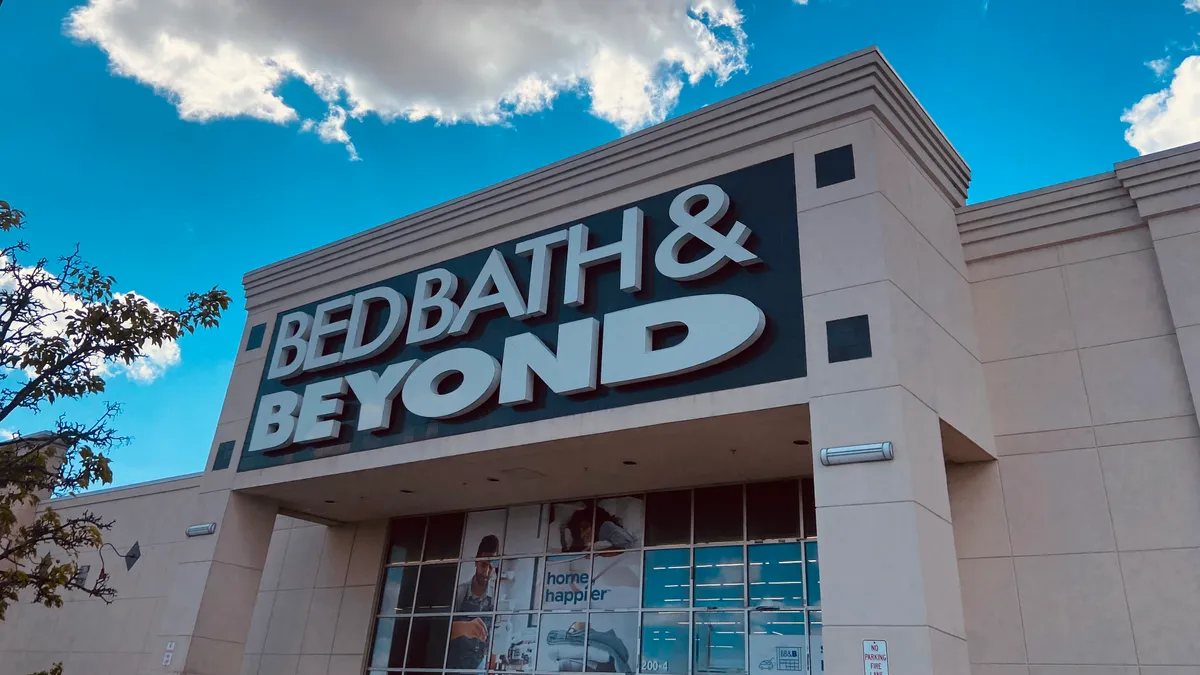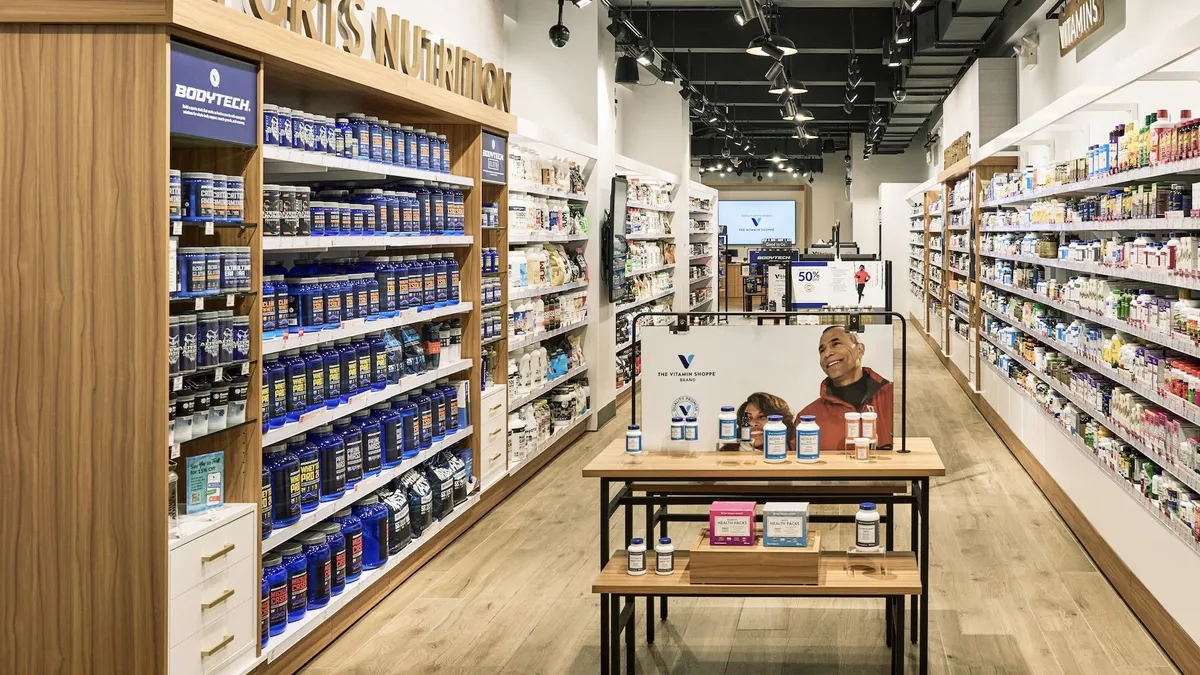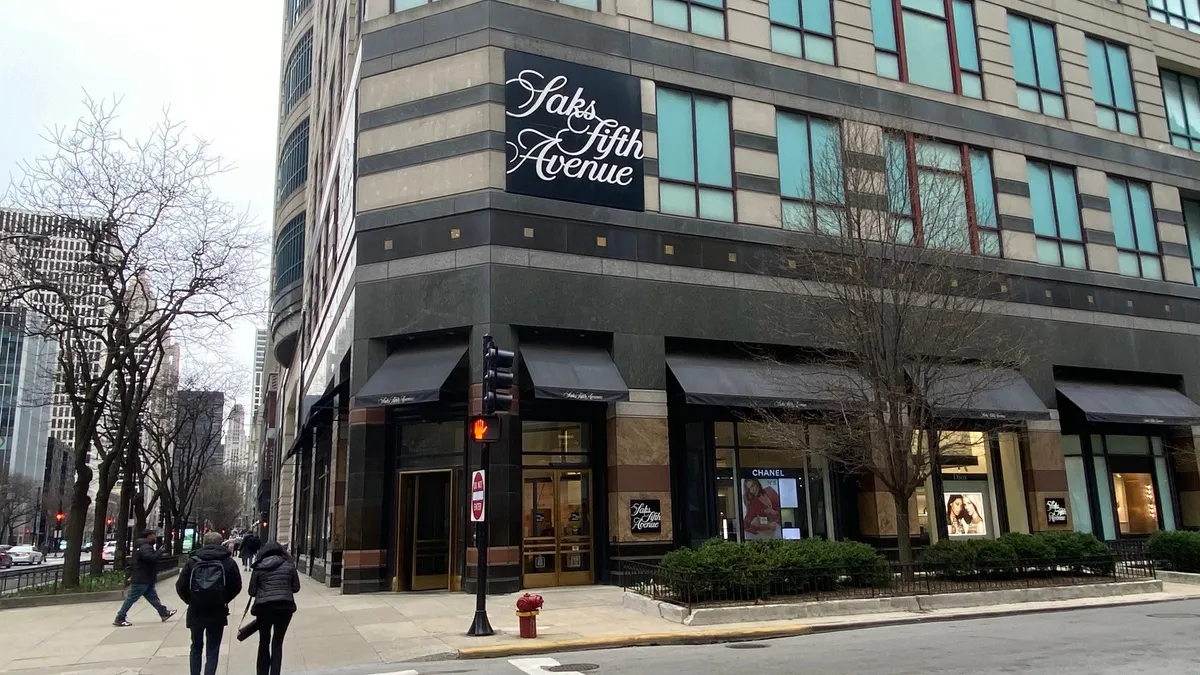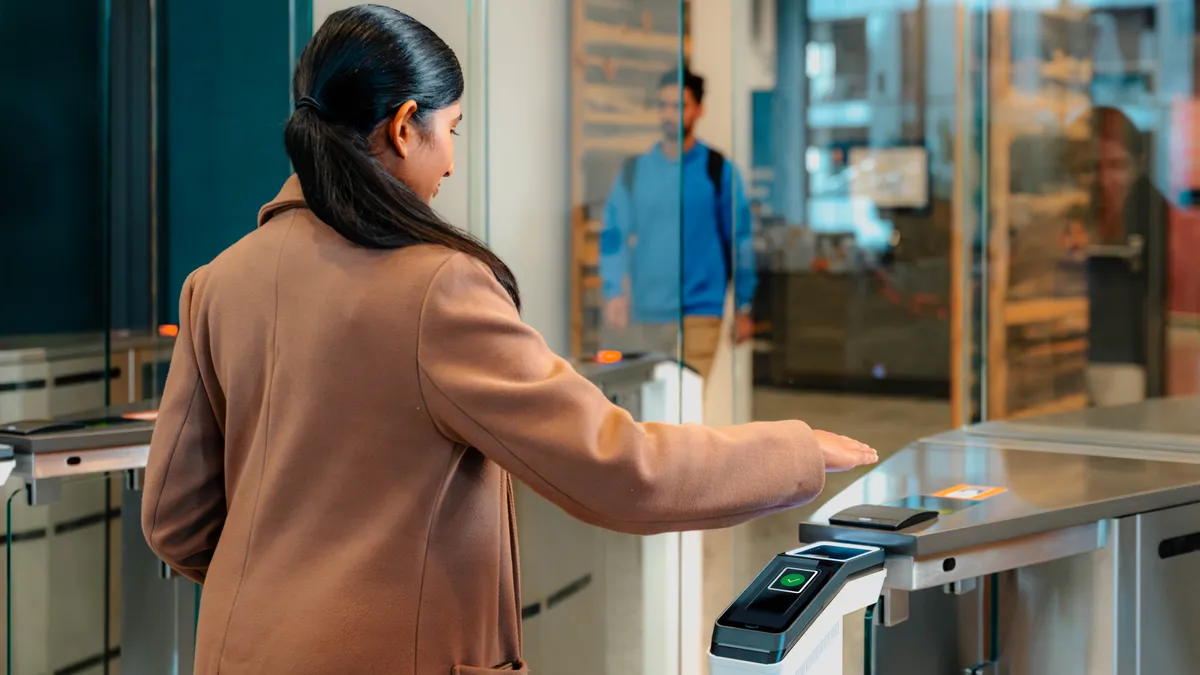A few years ago Best Buy was flirting with disaster, faced with swiftly changing consumer expectations about shopping and the encroachment of retail's great disruptor, Amazon, into its category. But after a turnaround that involved strict cost controls, a re-imagining of its stores and a renewed focus on its Geek Squad services, Best Buy remains America's preeminent seller of electronics. Even Amazon has turned to it as a strategic partner to sell its new smart televisions.
Last week, however, Best Buy went well beyond electronics retail to acquire health and safety solutions company GreatCall for $800 million. At first glance, it seems like a curious move for a half century-old brick-and-mortar specialist, even one that has kept up with the times. But several analysts view it as a natural next step in an era when retail is no longer simply defined by the sale of goods.
It certainly builds on the retailer's broader push into services, including a new Geek Squad program, "Total Tech Support," in Canada and the U.S. that provides support for a customer's tech no matter where or when they bought it, as well as its focus on the smart home market. But GreatCall also gets Best Buy deeper into healthcare-related services, which the retailer already provides through its "Assured Living" pilot, using technology to help adult children remotely check in on the health and safety of their aging parents.
In the initial merger announcement, Best Buy noted the potential of GreatCall to further those goals. "The health space is a large, growing market where technology can help in particular address the needs of aging consumers, their caregivers, payers and providers," the company said in a press release. "Today, there are approximately 50 million Americans over age 65, a number that is expected to increase by more than 50% within the next 20 years."
Although Best Buy is steeped in tech expertise and was already venturing into tech-based healthcare services, the retailer likely couldn't move forward easily in that endeavor through in-house efforts alone. To that end, GreatCall offers a suite of mobile products and services, including Lively Mobile, Jitterbug Flip, Jitterbug Smart, Lively Wearable, Lively Home and health, and safety and wellness apps Urgent Care, GreatCall Link, MedCoach and 5Star Urgent Response Service.
"As smart as their strategy has been to start to focus on this, it likely needed a little kick start and some connection to the industry that was driven directly through their stores or their brand," Stephen Baker, VP and Technology Analyst at global information company The NPD Group, told Retail Dive in an email. "I look at it as much like what CVS or Walgreens have done in prescriptions and then in personal healthcare."
The opportunity
Healthcare represents about a fifth of the U.S. economy — a market snarled with steeply rising costs and complex public and corporate policies that have mostly evaded the efforts of policymakers for decades.
The turmoil and inefficiencies in such a massive market provide opportunity, and retailers are increasingly jumping in. "This follows Amazon's move into more house brand [over-the-counter] products, acquisition of PillPack to enter Rx, and the previously announced healthcare partnership with JPMorgan Chase and Berkshire," Danny Silverman, CMO at e-commerce brand analytics firm Clavis Insight, told Retail Dive in an email. "They are chasing other retailers, such as CVS, who saw this trend years ago when they acquired PBM Caremark in 2007."
Indeed, drugstore retailers like Walgreens and, most vividly, CVS Health, along with Walmart have moved from selling prescriptions and bandages to providing comprehensive health services and advice. Most recently, Walmart (rumored to be in merger talks with health insurance company Humana) and health insurer Anthem on Monday announced a program to provide in-store discounts to consumers enrolled in Anthem's supplemental Medicare drug program.
That last deal demonstrates another key aspect of the current intertwining of retail and healthcare, which is the enduring power of the Baby Boom demographic, where GreatCall's core customer is found. But GreatCall isn't alone: Amazon and AARP, whose members are 50 years old or older, have reportedly discussed partnerships to research and develop technology for older people, including in healthcare, since 2015.
"The aging Baby Boomer generation is creating massive new opportunities throughout the healthcare sector to address their needs at a scale not previously required," Silverman said. "While many focus on the blurring lines between physical and digital retail, there is also a blurring between commerce overall, services, and healthcare as retailers and other companies rush to meet consumer demand for convenience, quality and value."
The strategy
Best Buy's deep pockets mean its GreatCall investment is accomplished without much immediate risk, and analysts reacted warmly to the deal as a long term play.
"Best Buy's acquisition of GreatCall, a provider of connected health and emergency services to the aging population, will allow the company to continue to expand and broaden its services and deepen its customer relationships with a massive and growing segment of the U.S. population, and is therefore a positive," Moody's Lead Retail Analyst Charlie O'Shea said in emailed comments. "The $800 million price tag can easily be covered out of existing cash balances and operating cash flow, and we view this transaction as a long-term investment, with short-term profitability a secondary consideration."
It's also the kind of merger and acquisition tactic, a "convergence deal," that more retailers are likely to pursue as the market landscape shifts beneath them, according to Bahige El-Rayes, a partner in A.T. Kearney's New York office and co-author of its annual consumer and retail M&A report. "Traditional consumer and retail companies will fight back and increasingly look to adjacencies in M&A to drive growth," according to his latest report.
Three-quarters of executives told A.T. Kearney that they're using acquisitions to gain new capabilities, add to their product portfolios, access new customers or expand their geographic reach. Just 18% said they're counting on mergers or acquisitions to achieve economies of scale or contain costs, down from 24% the previous year.
"Most consumer and retail companies are familiar with consolidation deals. Many ... have developed strong playbooks for acquisition integrations that rely on stripping out costs and realizing headcount, procurement and operational synergies," according to El-Rayes' report, which analyzed more than 100,000 such transactions from 2006 through the first quarter this year. "But convergence deals are a different beast altogether, and companies that want to succeed must rethink how they approach the integration. Cost savings will always play a role, but the primary focus must be on nurturing the people and the culture in pursuit of new customers and growth."
Looking back, much of what Best Buy has done in the past couple of years appears designed for that pursuit, making its GreatCall acquisition, in Baker's view, seem inevitable. "The next level of healthcare change requires a deep understanding of technology and of delivering personal services," he said. "Retail is an ideal way to deliver that, and, especially for Best Buy, the capacity to understand the technology and customer service puts them in a good place to be successful."






















